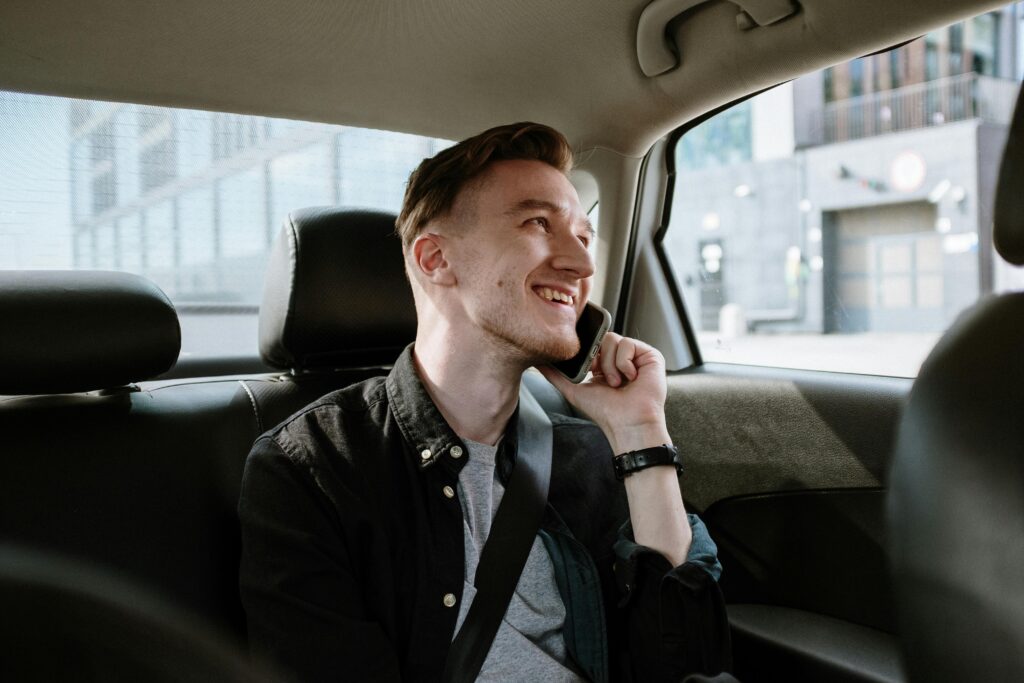Traveling internationally on a budget is an exciting way to experience the world, but safety should always be a top priority. Whether you’re a solo backpacker, a student, or a family looking to stretch your travel funds, you can stay secure without overspending. This comprehensive guide covers essential, practical, and affordable safety strategies for international travel—so you can explore with confidence and peace of mind.
Why Safety Matters Even More for Budget Travelers
When you’re traveling on a budget, you may be staying in hostels, using public transportation, or exploring off-the-beaten-path destinations. These choices can expose you to unique risks, from petty theft to health concerns. But with the right preparation and habits, you can minimize risks and maximize your travel experience—without breaking the bank.
1. Research and Prepare Before You Go
Know Your Destination
- Study local customs, laws, and common scams. Understanding the culture and potential risks helps you avoid trouble and blend in.
- Check travel advisories and health recommendations for your destination. Government and health websites offer up-to-date information on safety, weather, and any outbreaks or political unrest.
- Learn basic phrases in the local language—especially for emergencies, directions, and asking for help.
Plan Your Arrival
- Arrive during daylight hours whenever possible. It’s easier and safer to navigate new places when it’s light out.
- Pre-book your first night’s accommodation and plan your route from the airport or station. This reduces stress and vulnerability upon arrival.
- Download offline maps and safety apps before you leave, so you can navigate and access emergency info without needing internet.
2. Protect Your Documents and Money
Carry Only What You Need
- Keep your passport, cash, and cards in a money belt or neck wallet under your clothes, especially on travel days or in crowded areas.
- Use RFID-blocking covers for your passport and cards to prevent digital theft.
- Carry copies (digital and paper) of important documents like your passport, visa, and insurance. Email them to yourself for easy access.
Divide and Conceal Your Cash
- Don’t keep all your money in one place. Split cash between your wallet, money belt, and a hidden pouch in your bag.
- Consider a “dummy wallet” with a small amount of cash and expired cards to hand over in case of theft, while keeping your real valuables hidden.
Use ATMs Wisely
- Withdraw small amounts as needed to avoid carrying large sums.
- Use ATMs inside banks or reputable locations to reduce the risk of card skimming or theft.
3. Choose Safe and Secure Accommodation
Book Through Trusted Platforms
- Use well-known booking sites with verified reviews. Check for recent comments about safety, cleanliness, and the surrounding neighborhood.
- Look for hostels, guesthouses, or budget hotels with high ratings for safety. Don’t be tempted by rock-bottom prices if reviews mention theft or unsafe conditions.
Secure Your Room and Belongings
- Lock your door and windows, even when you’re inside.
- Use lockers or safes for valuables. Bring your own padlock for hostel lockers.
- Don’t leave valuables unattended in shared spaces.
4. Stay Aware and Alert in Public
Be Mindful of Your Surroundings
- Stay alert in crowded places like markets, stations, and tourist attractions—prime spots for pickpockets.
- Keep your bag in front of you or use a crossbody bag with zippers. In crowded transport, hold your backpack in front.
- Avoid distractions like using your phone while walking in unfamiliar or busy areas.
Trust Your Instincts
- If something feels off, leave the area. Don’t be afraid to change plans if you feel unsafe.
- Have an exit plan in crowded or unfamiliar places. Know where the nearest exits are and how to get help.
5. Use Safe and Affordable Transportation
Public Transport
- Research local transit systems before you go. Many cities offer tourist passes for unlimited travel at a discount.
- Sit near other passengers and stay alert on buses and trains, especially at night.
- Avoid empty carriages and late-night rides if possible.
Taxis and Ride-Sharing
- Use official taxis or reputable ride-share apps. Avoid unmarked vehicles.
- Confirm the fare before starting the ride or make sure the meter is running.
- Share your ride details with a friend or family member.
Walking and Biking
- Stick to well-lit, busy streets—especially at night.
- Avoid shortcuts through alleys or deserted areas.
- Wear reflective gear or carry a small flashlight if you’re out after dark.
6. Keep in Touch and Stay Connected
Share Your Itinerary
- Let trusted friends or family know your plans and check in regularly.
- Share your accommodation details, travel routes, and contact info.
Stay Connected
- Buy a local SIM card or portable Wi-Fi device for internet access, maps, and emergency contact.
- Download translation and map apps for offline use.
7. Health and Hygiene Precautions
Pack a Basic First Aid Kit
- Include plasters, painkillers, antiseptic wipes, and any personal medications.
- Consider carrying a small water purification system or tablets for destinations with questionable tap water.
Stay Hydrated and Eat Safely
- Drink only bottled or filtered water where tap water isn’t safe.
- Eat at busy local spots—high turnover usually means fresher food.
- Wash your hands frequently or use hand sanitizer.
8. Avoid Common Scams and Risks
Know the Local Scams
- Research common scams in your destination—from fake taxis to distraction thefts.
- Be wary of anyone who approaches you with unsolicited help or offers.
- If an offer seems too good to be true, it probably is.
Protect Your Digital Security
- Use strong passwords and enable two-factor authentication on important accounts.
- Avoid using public Wi-Fi for banking or sensitive transactions.
- Consider a VPN app for secure browsing.
9. Insure Your Trip (Even on a Budget)
Buy Travel Insurance
- Choose a plan that covers medical emergencies, theft, and trip interruptions.
- Compare policies for the best value—sometimes basic coverage is very affordable.
- Carry your insurance details and emergency numbers with you.
10. Special Tips for Solo and Female Travelers
Blend In
- Dress to match local customs and avoid drawing unnecessary attention.
- Walk confidently and act as if you know where you’re going.
Trust Your Instincts
- If you feel uncomfortable, leave immediately.
- Don’t share too much personal info with strangers.
Stay in Female-Only Dorms or Compartments
- Many hostels and trains offer women-only options for added comfort and security.
11. Affordable Safety Gear Every Traveler Should Have
- Money belt or neck wallet for valuables
- RFID-blocking wallet or passport cover
- Small first aid kit
- Personal alarm or whistle
- Flashlight or headlamp
- Portable door lock or doorstop alarm for added hotel security
- Padlock for hostel lockers
- Reusable water bottle with filter
- Copies of important documents
These items are inexpensive, lightweight, and can make a big difference in your safety.
12. What to Do If Something Goes Wrong
- Stay calm and get to a safe place.
- Contact local authorities or your embassy if needed.
- Report theft or loss to the police and get a report for insurance claims.
- Contact your bank to block lost cards.
- Reach out to family or friends for support and advice.
13. Sample Safety Checklist for Budget International Travelers
- Research destination, scams, and safety tips
- Book accommodation with good safety reviews
- Make copies of documents and store them separately
- Pack essential safety gear
- Share itinerary with trusted contacts
- Download offline maps and emergency apps
- Carry a basic first aid kit
- Buy travel insurance
- Stay alert and trust your instincts
Final Thoughts: Safe, Smart, and Affordable Travel
Staying safe while traveling internationally on a budget doesn’t require fancy gadgets or expensive services—just smart planning, awareness, and a few practical tools. By preparing ahead, protecting your valuables, staying connected, and trusting your instincts, you can enjoy incredible adventures around the world without unnecessary risk or worry.
Remember: The best journeys are those where you return home safe, healthy, and full of amazing memories. Travel smart, stay safe, and make every trip unforgettable—no matter your budget.
What’s your top tip for staying safe while traveling internationally on a budget? Share your advice and stories in the comments!


